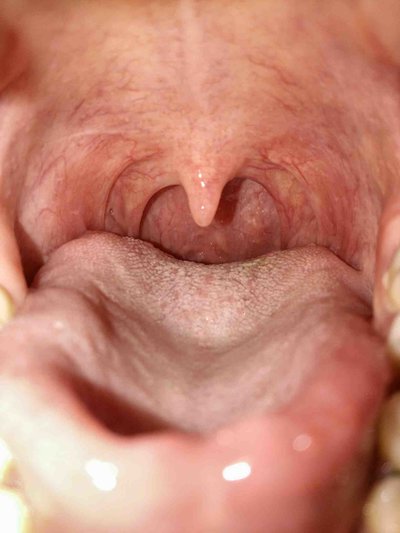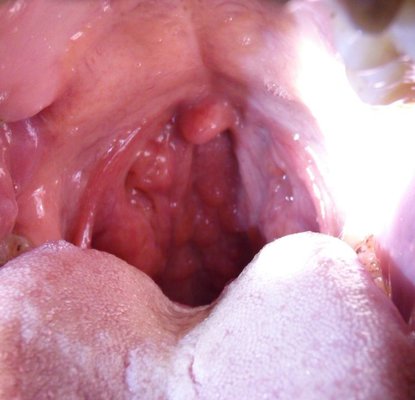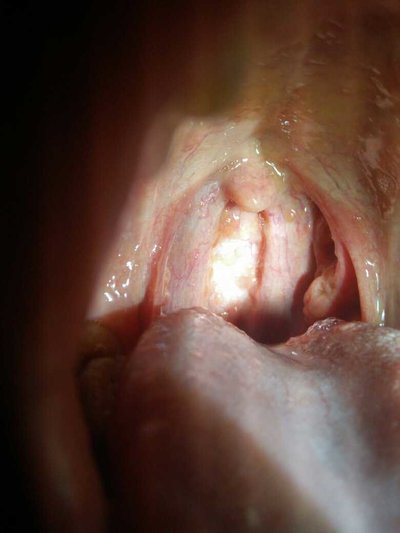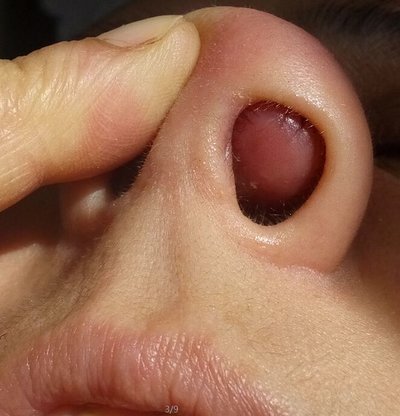Symptoms of acute bronchial asthma?
summary
Bronchial asthma (asthma) is a common and frequently occurring disease. Its main symptoms are paroxysmal wheezing, shortness of breath, chest tightness and cough. Bronchial asthma is a chronic inflammatory disease of the airway, which is involved by a variety of cells (eosinophils, mast cells, T lymphocytes, neutrophils, airway epithelial cells, etc.) and cell components. This chronic inflammation is related to airway hyperresponsiveness, which usually leads to extensive and variable reversible airflow limitation, leading to repeated attacks of wheezing, shortness of breath, asthma, asthma, etc Symptoms such as chest tightness and (or) cough usually attack and aggravate at night and (or) in the morning, and most patients can relieve themselves or by treatment. Symptoms of acute bronchial asthma? Let's talk about it
Symptoms of acute bronchial asthma?
The common symptoms of asthma are paroxysmal wheezing, shortness of breath, chest tightness or cough. A few patients may also experience chest pain. These symptoms often occur in patients after exposure to smoke, perfume, paint, dust, pets, pollen and other irritant gases or allergens. Symptoms at night and / or early morning are also prone to occur or aggravate. Many patients can hear wheezing sound when they have asthma attack. Symptoms are usually paroxysmal, and most patients can relieve themselves or by treatment.

Many patients with asthma often go through a long process of misdiagnosis before diagnosis, and they are diagnosed as chronic bronchitis, pharyngitis, etc,

It also brings mental and psychological pain to patients, and the economic efforts are wasted. And they will often use antibiotics, because antibiotics have no therapeutic effect on asthma, repeated use is easy to cause drug resistance. Of course, when combined with bacterial infection, antibiotics will be effective.

matters needing attention
Controlled drugs: drugs that need to be used daily for a long time. These drugs maintain clinical control of asthma mainly through anti-inflammatory effects, including inhaled corticosteroids, systemic hormones, leukotriene modulators, long-acting drugs β 2-receptor agonists (long acting) Β 2-receptor agonist should be used in combination with inhaled hormone, sustained-release theophylline, anti IgE antibody and other drugs that help to reduce systemic hormone dose;












